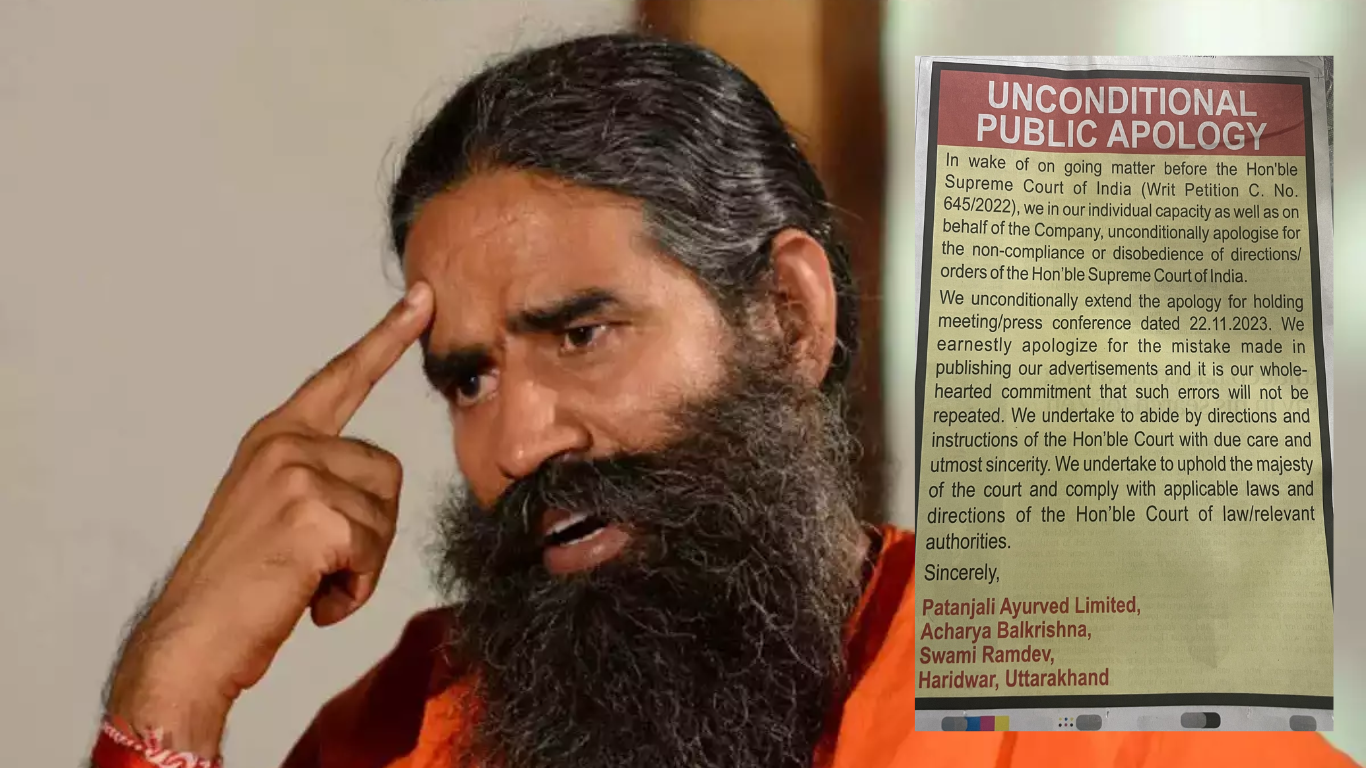


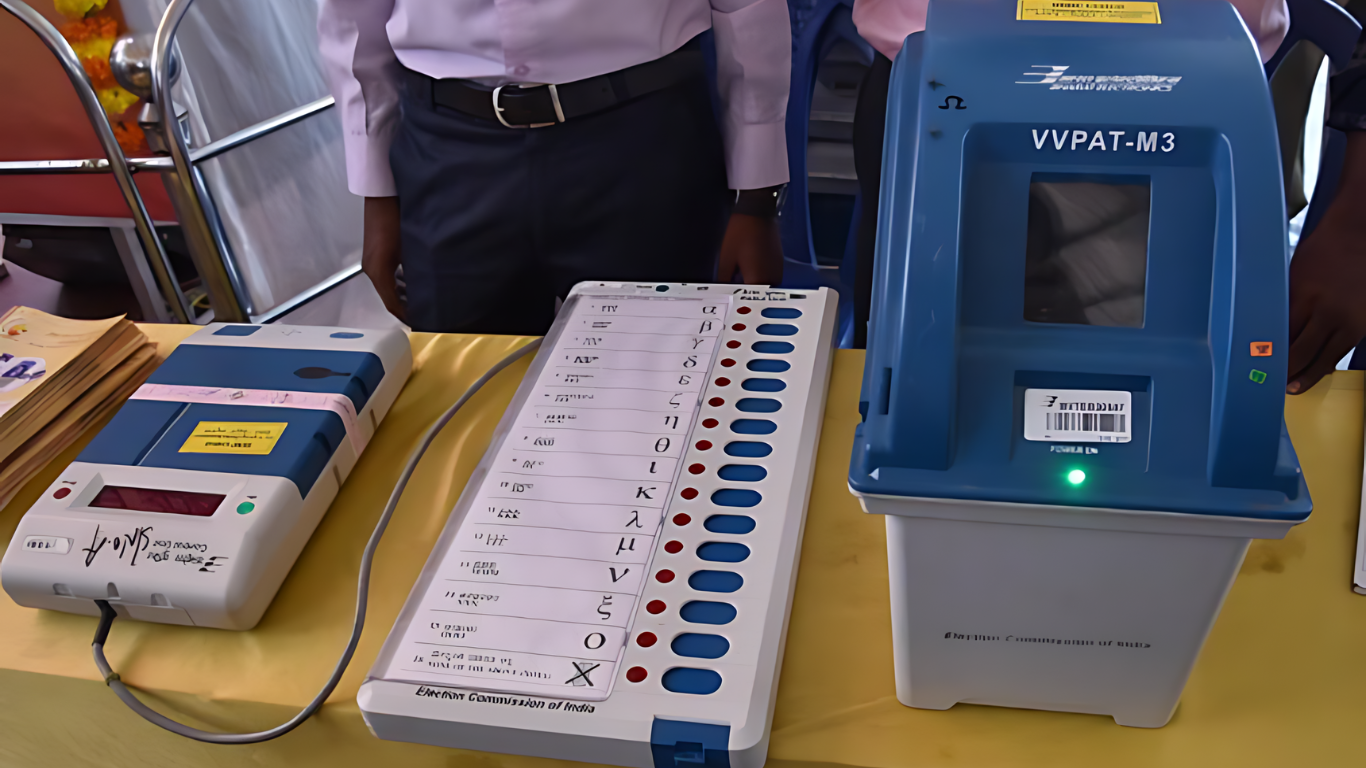

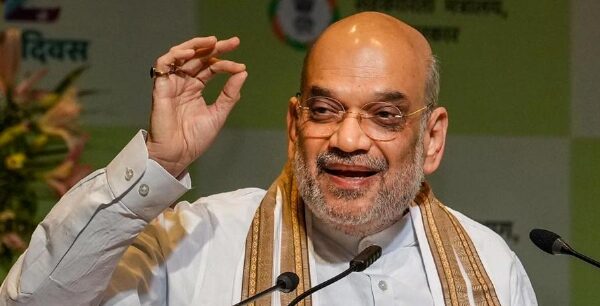
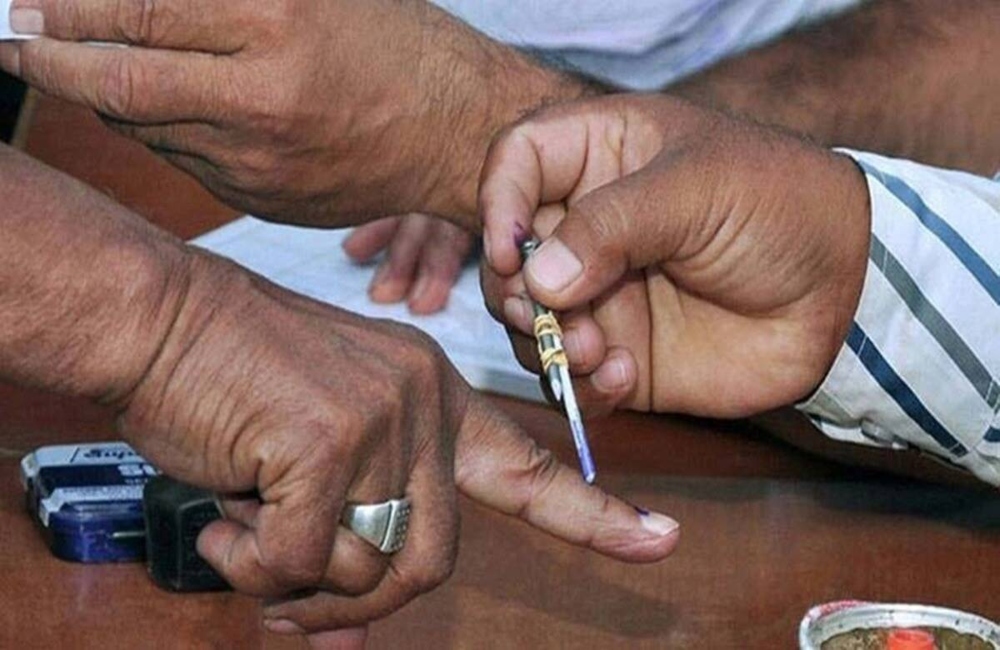
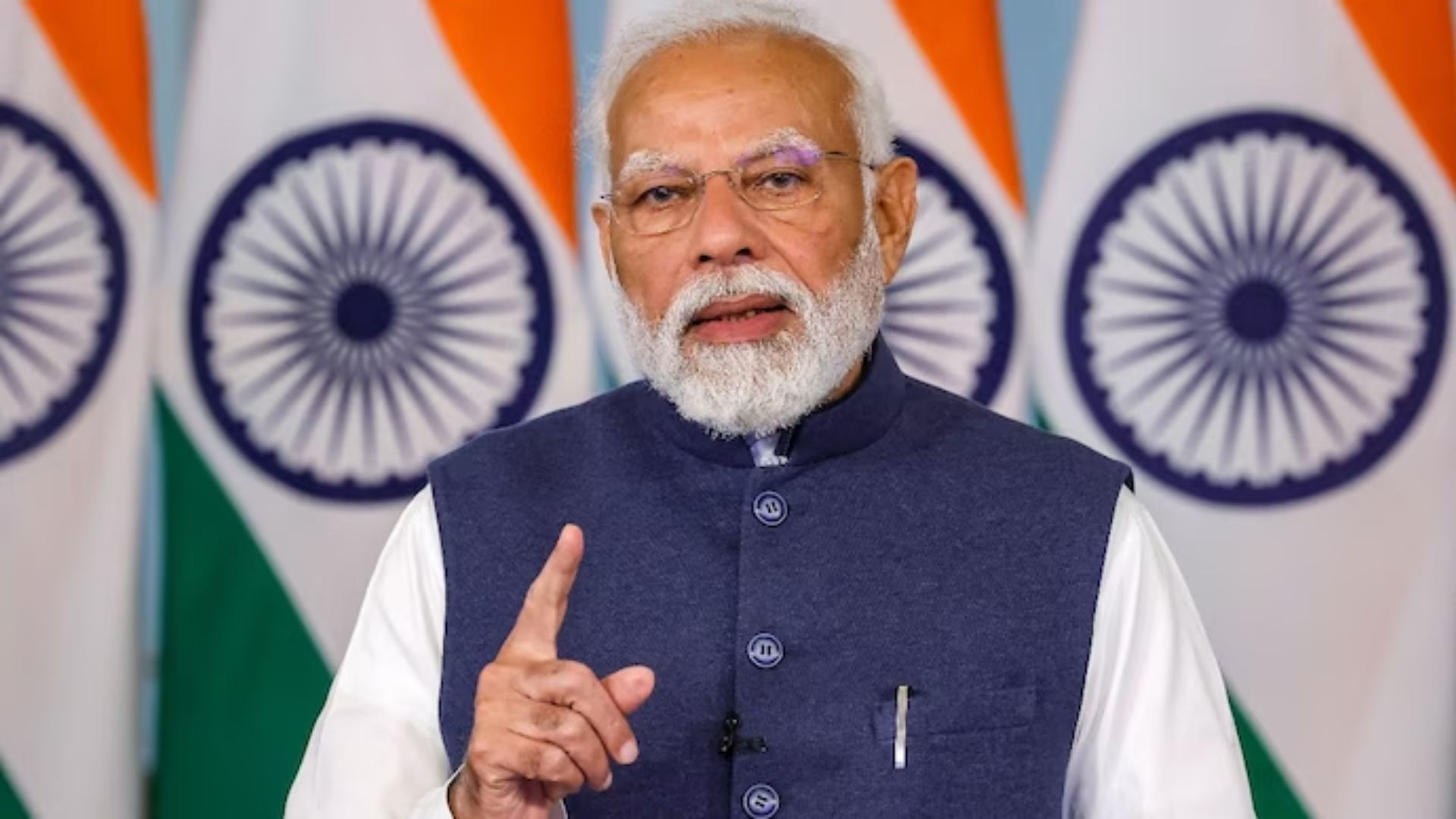
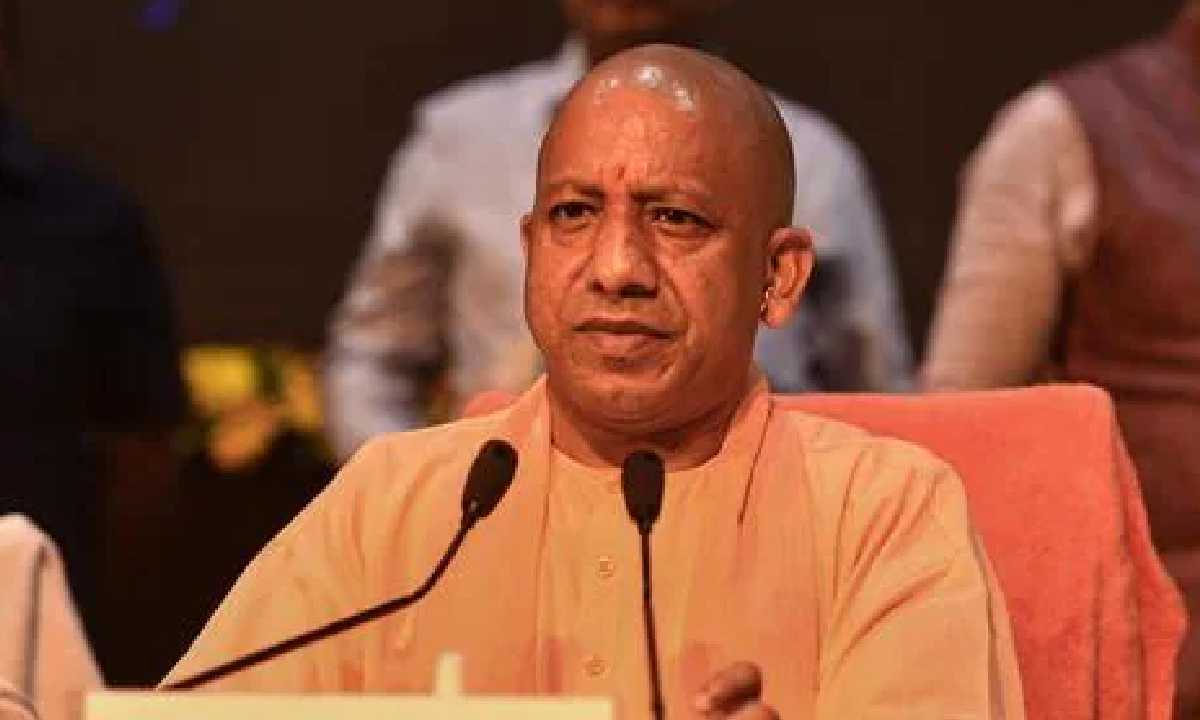

Out of approximately 32 million NRIs only service personnel are allowed to vote leaving 25 million NRIs without the right to be able to vote from the country of their residence. NRIs were given voting rights only in 2011 after the amendment to the Representation of the People Act 1950.
Currently, NRIs are required to vote in person in their respective constituencies. In last Lok Sabha elections only 25,000 NRI voters flew to India to cast their votes. Now, due to Covid-19 restrictions on top of costs and commitments of employment and education, the number of NRI voters are assumed to be even lower.
Last year in December, the Election Commission approached the law ministry to seek permission for NRIs to cast their vote through postal ballots. The Election Commission in its letter to the Law Ministry has informed that it is “technically and administratively ready” to initiate the Electronically Transmitted Postal Ballot System (ETPBS) for Indian Citizens abroad other than members of Armed forces, Para Military forces and Government employees serving outside the country.
Also Read: MEA Jaishankar’s first foreign visit in 2021; on 3-Day visit to Sri Lanka
The Ministry of External Affairs has given a nod to the proposal extended by the EC by writing in favour of the proposal. It has suggested that EC should consult all the stakeholders before implementation. According the report of Indian Express, a news agency, to provide the facility to overseas voters, the government merely needs to amend the Conduct of Election Rules 1961. It would not require parliament’s nod to go ahead with the move.
On the other hand, a point of contention that this move has faced is that the migrant workers within India still do not have the right to cast their vote through postal ballots. The workers who migrate domestically from villages to big cities in search of work often do not return back to their constituencies to cast their vote due to financial and employment constraints.
Also Read: China revises defence law to bolster Xi Jinping’s military powers

